We are on record as having stated that choosing a Forex broker is, in terms of time and effort and results, the most crucial decision involved in the process of starting up a retail Forex trading business.
Brokers, due to regulatory requirements and a natural desire to avoid legal snafus with clients, require new customers to agree to the terms and conditions that govern the broker/client relationship and to have clients’ acknowledgement that they understand and accept the high degree of the risk of losing money that is an absolute reality of Forex trading
Best Canadian Forex Broker List

easyMarkets

Blackbull Markets
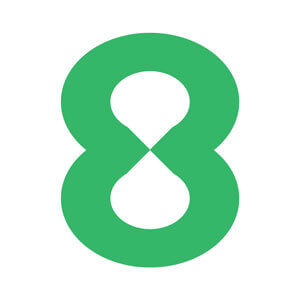
Eightcap
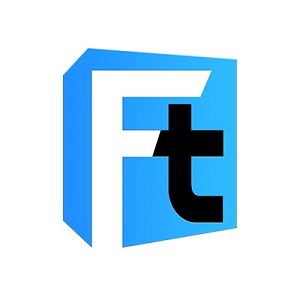
ForTrade

Avatrade

LegacyFX
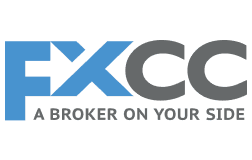
FXCC
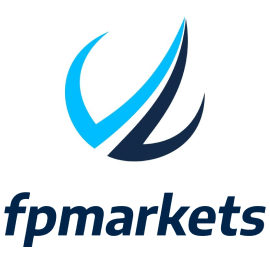
FPmarkets
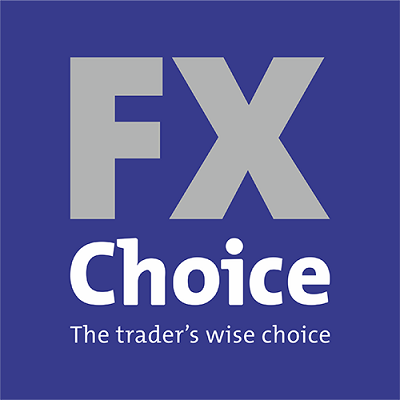
FX Choice
The documents can be confusing in the extreme, filled with unfamiliar jargon and terminology and seem to be deliberately designed to confuse and baffle the average person’s comprehension.
Before doing any actual trading, take as much time as needed to get a totally clear understanding of your potential broker’s account documents.
We admit that we’re as guilty as everyone when it comes to accepting computer software license agreements without reading them completely, but failing to understand a Forex broker’s documents fully will cost you money, which is the exact opposite from your reason for trading in the first place.
Here are some tough questions to ask a broker. Insist on clear answers. If you are still uncertain about anything, ask again, as many times as it takes. This is also an excellent way to gauge a broker’s level of service.
If the answers you receive are vague, seem outright evasive or deceptive or if you simply get the feeling that the broker can’t be bothered with helping you, find another broker. There are plenty.
These questions are specifically intended should you want to begin Forex trading for the lowest amount of money possible and are looking atMarket Maker brokers.
Question One: Are your spreads fixed or variable?
Most market makers have variable spreads. The spread is simply the difference between the price at which a broker will permit you to buy a currency pair and the price at which they will let you sell the same pair. This is how they make money from their clients.
There is nothing inherently wrong with variable spreads, all brokers, even be ECNs have spreads that vary according to the currency pair. The spreads will be lower for reliable currencies like the euro, US dollar and any of those from countries that have stable economies, but higher for unstable currencies of countries with smaller, more volatile currencies.
What you are really seeking to determine with this question is how much it will cost you to trade.
Some brokers will offer lower spreads to larger depositors.
This is the broker’s prerogative.
If you accept the idea of trading with a broker that has variable spreads, insist that the broker’s trading platform lets you be continuously informed of the spread at all times.
Question Two: Do you balloon spreads?
Market makers do not like this question.
Ballooning spreads is the tactic involved when a broker changes a spread rate substantially after you have initiated a trade. Having this happen can erase any profits from the trade or make losses greater.
This practice is not as common as it once was, but it still happens.
Having more than one price data feed is a defense against spread ballooning. If you are seeing exit orders being filled for more than 10 pips difference between the two price data streams, the broker is ballooning spreads.
Find a different broker.
It should be said that even legitimate market maker brokers with variable spreads often change them significantly upward just in advance of important economic news or when prices are changing drastically over a short period of time.
The main thing to determine by asking this question is whether or not you can be constantly aware of the broker’s spread.
Question Three: Do you harvest stops?
This is also a touchy subject to market makers.
Harvesting or running protective stop orders is the practice of manipulating price data to trigger the execution of stop loss orders resulting in a losing trade for the client.
If your protective stop loss orders are being filled as the result of a price spike that seems uncharacteristic for the way a particular currency pair typically trades, the broker may be guilty.
As with ballooning spreads, your best defense is an independent price data source.
A more radical solution is to not use stop loss orders, but that can be mentally overwhelming for anyone who does not choose to monitor trades constantly.
Question Four: Do you delay your price data feed to cause me to enter trades at prices that are no longer valid?
A shady broker will do this to enhance their profit on the spread. The price differential is usually very small and almost impossible to detect, but if you trade frequently, it can add up. It’s sort of like the difference between walking against the wind or with it.
Regulation and trader education has reduced this practice, but once again the best defense is awareness and more than one source of price information.
Brokers are under no obligation to give you the best possible pricing, but as long as this is clearly disclosed, they are in legal compliance.
Your purpose in having this question answered is to get the best possible currency quotes.
One telltale indication that a broker might be delaying price data is if market orders are taking two or three seconds to fill.
With a bona fide broker and a high-speed Internet connection, market orders should be filled in what to human perception appears instantaneous.
There are rare occasions were market conditions will cause market orders to fill a little slower, but rare is the operative word here.
If you trade exotic pairs that have few traders participating, during odd hours, you may encounter delays in having orders filled, but trading major pairs during peak trading session hours should provide instant fills over 99% of the time.
If this is not the case and you are confident that you don’t have a computer or Internet connection issue, the broker may be delaying the price data feed you’re receiving.
Question Five: Do your customers all make money trading?
While it’s acceptable for a broker to provide statistics such as the total number of clients, the percentage of those clients that are profitable and which currency pairs are being traded, be extremely wary of extravagant statements by brokers claiming to supply trading systems that are infallible, or anything along those lines.
You simply want your broker to give you access to the Forex market, along with supplying some objective information and education to enhance your understanding of the Forex markets.
While these five questions don’t represent everything you need to learn with regard to choosing a broker, and they most definitely will not win you any popularity contests, there are solid place from which to start.
The Forex market has no mercy for the uninformed and a broker’s sole concern is that you make trades from which they generate revenue.
Always keep that in mind and you will approach Forex trading with the realistic prospects of a) surviving, and b) being profitable.